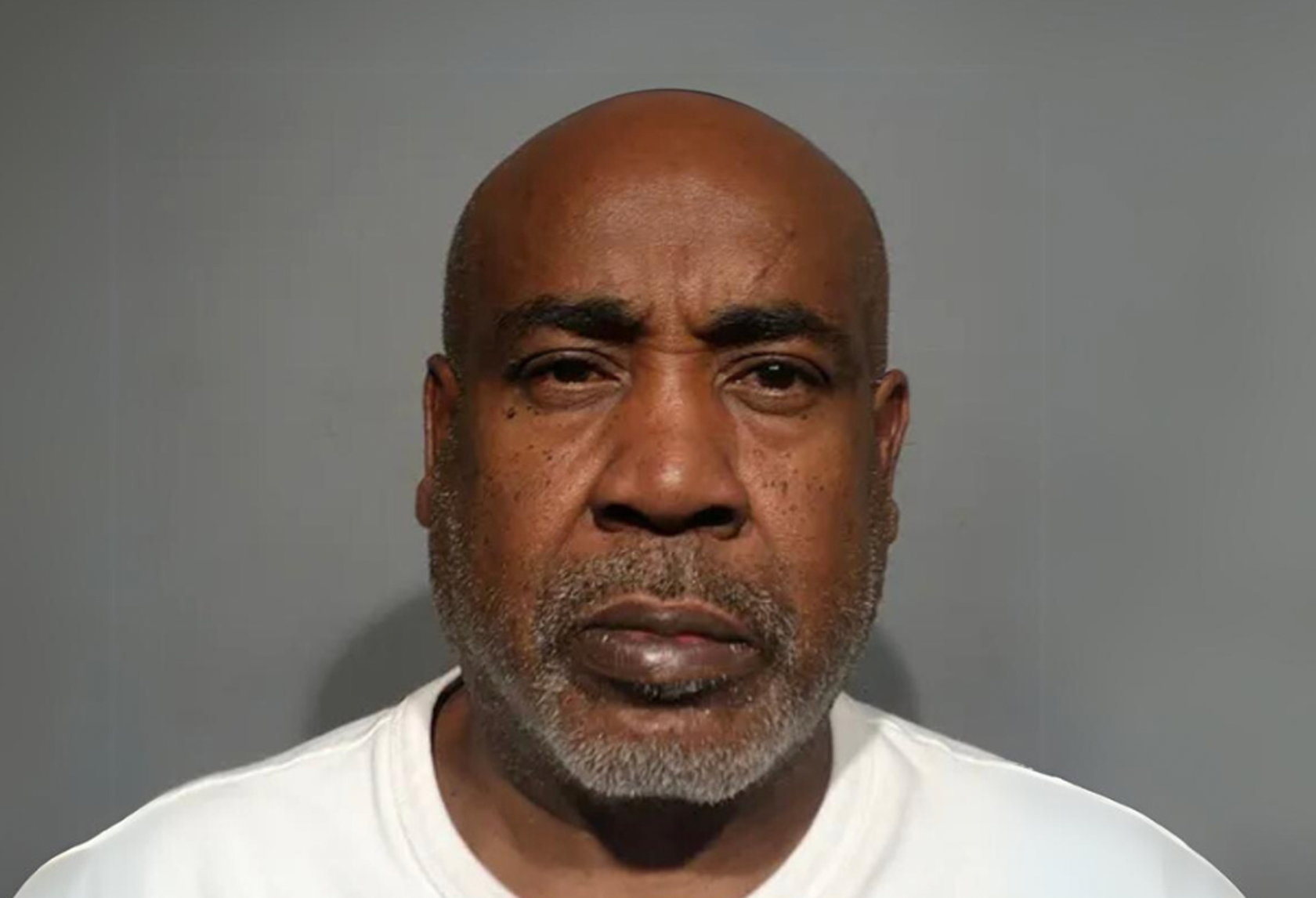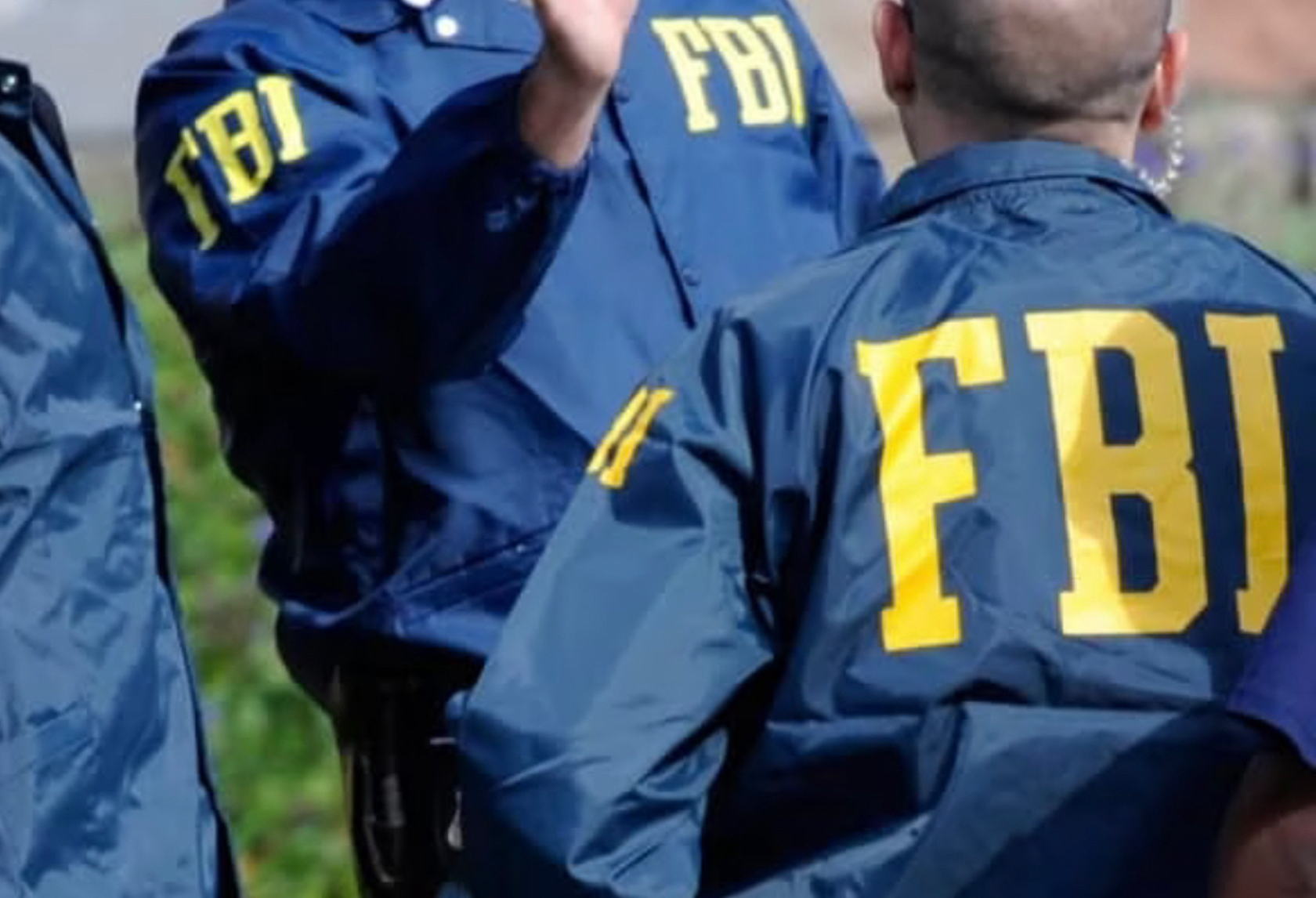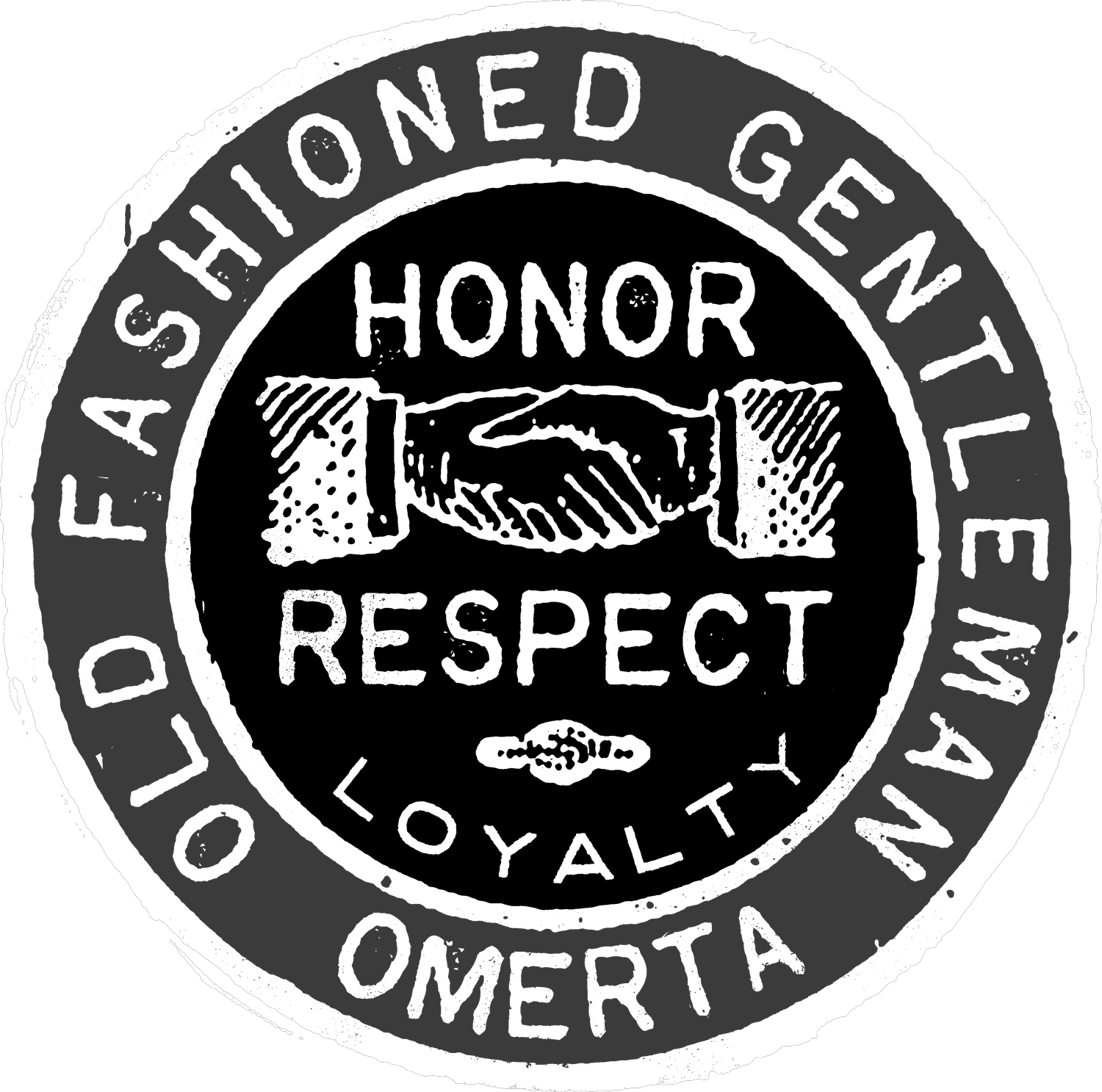Top Stories

FEATURED ITEM
MOST POPULAR

"The Surgeon: Unveiling Cleveland's Dark Legacy"

Unveiling Tupac: The Power of Dialogue

RICO Law, officially known as the Racketeer Influenced and Corrupt Organizations Act, has been a crucial tool for the government in combating organized crime and punishing individuals involved in criminal activities. Before its enactment, crime bosses would evade prosecution by ordering their subordinates to carry out illegal acts, while claiming innocence themselves. They argued that since they weren't directly involved in the crimes, they couldn't be held accountable. However, the introduction of RICO Law changed the landscape and allowed law enforcement to target even the leaders of criminal organizations.
Initially, RICO Law was primarily used to dismantle and control the notorious Mafia. The legislation was designed to specifically target the hierarchy of criminal enterprises and hold them responsible for the actions of their subordinates. By doing so, law enforcement agencies gained the power to bring the leaders to justice, effectively dismantling entire criminal organizations.
Over time, authorities realized the potential effectiveness of RICO Law in combating other forms of organized crime. Consequently, the application of RICO Law has expanded beyond just Mafia-related cases. Today, it has become a valuable tool in fighting a wide range of criminal activities, making a significant impact on the landscape of law enforcement.
Under RICO Law, racketeering activity encompasses a broad spectrum of crimes. This includes activities such as gambling, arson, murder, robbery, kidnapping, bribery, theft, fraud, and offenses involving obscene matter or controlled substances. However, it's important to note that these crimes must be part of a pattern of criminal activity conducted by a particular party.
Alongside the more commonly known criminal activities, RICO Law also covers various other offenses that qualify as racketeering activity. For example, drug trafficking, bankruptcy fraud, money laundering, and even aiding and profiting from illegal immigration fall within the scope of this law. Additionally, acts of terrorism are also viewed as racketeering activity under RICO Law.
It is essential to recognize that the list provided above is not exhaustive. Racketeering activities can encompass a much broader range of criminal behaviors. Embezzlement, murder-for-hire, obstruction of justice, and other similar offenses can all be considered racketeering activity under RICO Law.
By extending the reach of RICO Law to include these diverse criminal activities, the government has successfully targeted organized crime in all its forms. This powerful legislation enables law enforcement agencies to disrupt and dismantle criminal enterprises that pose a threat to society.
In conclusion, RICO Law has revolutionized the fight against organized crime by allowing authorities to hold leaders accountable for their involvement in criminal activities. Originally enacted to combat the Mafia, it has now become a potent weapon against various forms of organized crime. With its broad definition of racketeering activity, RICO Law ensures that criminals engaged in activities ranging from drug trafficking to terrorism can be brought to justice. By using this legislation, law enforcement agencies are better equipped to safeguard communities and bring an end to organized crime.
RICO Law, officially known as the Racketeer Influenced and Corrupt Organizations Act, has been a crucial tool for the government in combating organized crime and punishing individuals involved in criminal activities. Before its enactment, crime bosses would evade prosecution by ordering their subordinates to carry out illegal acts, while claiming innocence themselves. They argued that since they weren't directly involved in the crimes, they couldn't be held accountable. However, the introduction of RICO Law changed the landscape and allowed law enforcement to target even the leaders of criminal organizations.
Initially, RICO Law was primarily used to dismantle and control the notorious Mafia. The legislation was designed to specifically target the hierarchy of criminal enterprises and hold them responsible for the actions of their subordinates. By doing so, law enforcement agencies gained the power to bring the leaders to justice, effectively dismantling entire criminal organizations.
Over time, authorities realized the potential effectiveness of RICO Law in combating other forms of organized crime. Consequently, the application of RICO Law has expanded beyond just Mafia-related cases. Today, it has become a valuable tool in fighting a wide range of criminal activities, making a significant impact on the landscape of law enforcement.
Under RICO Law, racketeering activity encompasses a broad spectrum of crimes. This includes activities such as gambling, arson, murder, robbery, kidnapping, bribery, theft, fraud, and offenses involving obscene matter or controlled substances. However, it's important to note that these crimes must be part of a pattern of criminal activity conducted by a particular party.
Alongside the more commonly known criminal activities, RICO Law also covers various other offenses that qualify as racketeering activity. For example, drug trafficking, bankruptcy fraud, money laundering, and even aiding and profiting from illegal immigration fall within the scope of this law. Additionally, acts of terrorism are also viewed as racketeering activity under RICO Law.
It is essential to recognize that the list provided above is not exhaustive. Racketeering activities can encompass a much broader range of criminal behaviors. Embezzlement, murder-for-hire, obstruction of justice, and other similar offenses can all be considered racketeering activity under RICO Law.
By extending the reach of RICO Law to include these diverse criminal activities, the government has successfully targeted organized crime in all its forms. This powerful legislation enables law enforcement agencies to disrupt and dismantle criminal enterprises that pose a threat to society.
In conclusion, RICO Law has revolutionized the fight against organized crime by allowing authorities to hold leaders accountable for their involvement in criminal activities. Originally enacted to combat the Mafia, it has now become a potent weapon against various forms of organized crime. With its broad definition of racketeering activity, RICO Law ensures that criminals engaged in activities ranging from drug trafficking to terrorism can be brought to justice. By using this legislation, law enforcement agencies are better equipped to safeguard communities and bring an end to organized crime.
Related Articles

"The Captivating Legacy of La Catedral: Pablo Escobar's Luxurious Prison and the Dark Secrets Within"

From Choir Boy to Crime Boss: The Rise and Fall of Dean O'Banion

The Businessman Gangster: Yale's Rise to Power in Brooklyn's Underworld

Mob Ties and Hollywood: James Caan's Intriguing Connection

RICO Law: Unmasking the Power of Justice Against Organized Crime

From Mob Ties to Artistic Triumph: The Transformative Journey of a Famous Singer
Newest Releases
SHOP THE COMPLETE OMERTA STOREFEATURED ITEM
MOST POPULAR
ADVERTISMENT

















